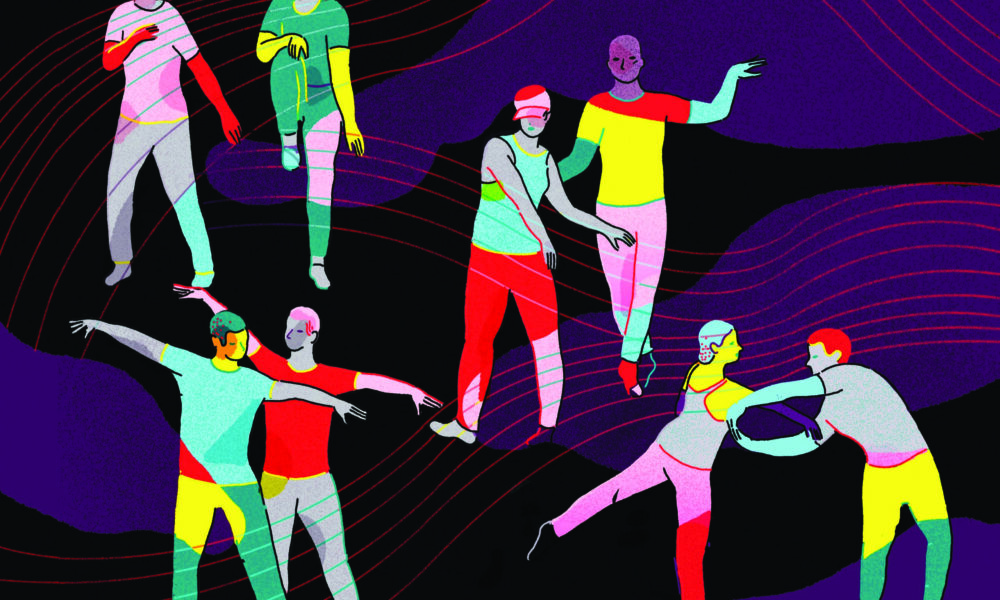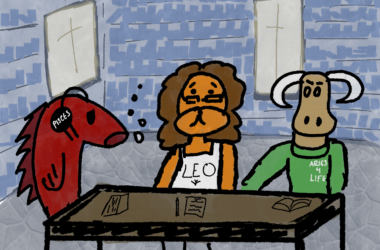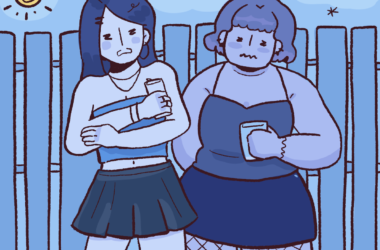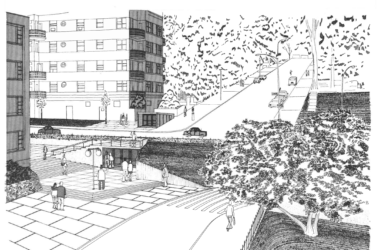McGill’s dance community is labouring under a lack of recognition and support in the COVID-19 era. After fully online Zoom practices during the 2020-2021 school year, McGill dance troupes continued to struggle with restrictions on their practices and performances throughout the Fall 2021 semester.
Some members of the dance community, including United Groove member Sophia Monahan, U1 History, said they felt unsupported and undervalued by the university, in comparison to intramural and varsity athletic teams.
“In the Fall 2021 semester, for some reason, we still weren’t allowed all 30+ of us in the room and we had to split up our rehearsals while sports and intramurals were allowed to gather to practice,” said Monahan. “Our typical McGill facility access was denied or extremely challenging to get.”
Isabel Heard, U3 Urban Studies and coordinator of multi-genre dance group Mosaica, shared similar sentiments.
“One unfortunate reality that the dance community at McGill has faced is the experience of being seen as subordinate to sports teams. Dance sits right on the border between arts and sports, and we are proud of occupying that space,” Heard said. “Throughout COVID, we sat back and witnessed intramural and varsity sports teams practice maskless and hold games while we were unable to rehearse together.”
As COVID-19 restrictions tightened over the winter break, and as McGill transitioned back to online learning for the beginning of the Winter 2022 semester, dance groups were forced to bring their practices back to Zoom, much like the 2020-21 school year.
Monahan expressed the frustrations and challenges of practicing online.
“I danced all throughout high school and never once felt that I didn’t want to go to dance,” Monahan said. “After doing dance online for several months, I found myself exhausted and almost annoyed to have to turn on Zoom again.”
In order to keep morale up and prevent dancers from abandoning their craft, many McGill dance groups significantly reduced their practice hours over Zoom. Alegria, McGill’s contemporary ballet company, cut its practices from six hours in person to two hours over Zoom per week.
Heard said Mosaica was also hit with the same frustrations that many dancers felt.
“A few members of Mosaica decided to pull out of the company once we went virtual, as virtual rehearsals can be unfulfilling and frustrating,” Heard said. “The barriers of learning original choreography without the company being in the same room is a huge hurdle for us. [It] has really limited our creative freedom, our opportunity to connect within our own community and provide the kind of support network we want to offer to our dancers.”
Not only were in-person practices cancelled for the Winter 2022 semester, but groups had to cancel performances they had been preparing all Fall 2021 semester for. In compliance with COVID-19 restrictions, Urban Groove, McGill’s hip-hop dance troupe, cancelled its showcase planned for February.
“We had to readjust completely,” said Urban Groove coordinators Maya Baylis, U3 Social Work, and Lucie Russell-Kearns, U3 Arts and Science. “It was heartbreaking as we were really excited to finally perform together for an audience again.”
Alegria Contemporary Ballet Company’s co-presidents Hannah Dmowski, U2 Arts and Science, and Lillian Yoffe, U2 Science, shared similar disappointment as their guest performance at Urban Groove’s showcase was cancelled.
“For many of us, dancing is a huge part of our lives and our identities and serves as an important de-stressor,” Heard said. “I personally felt like my life lost a lot of meaning.”









